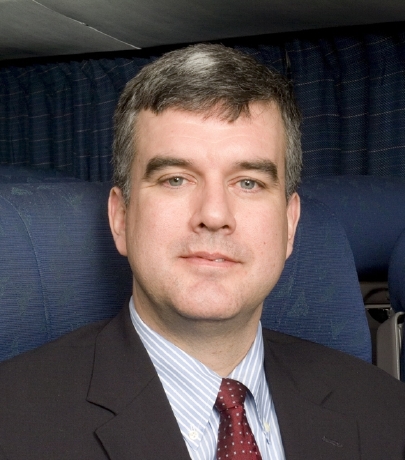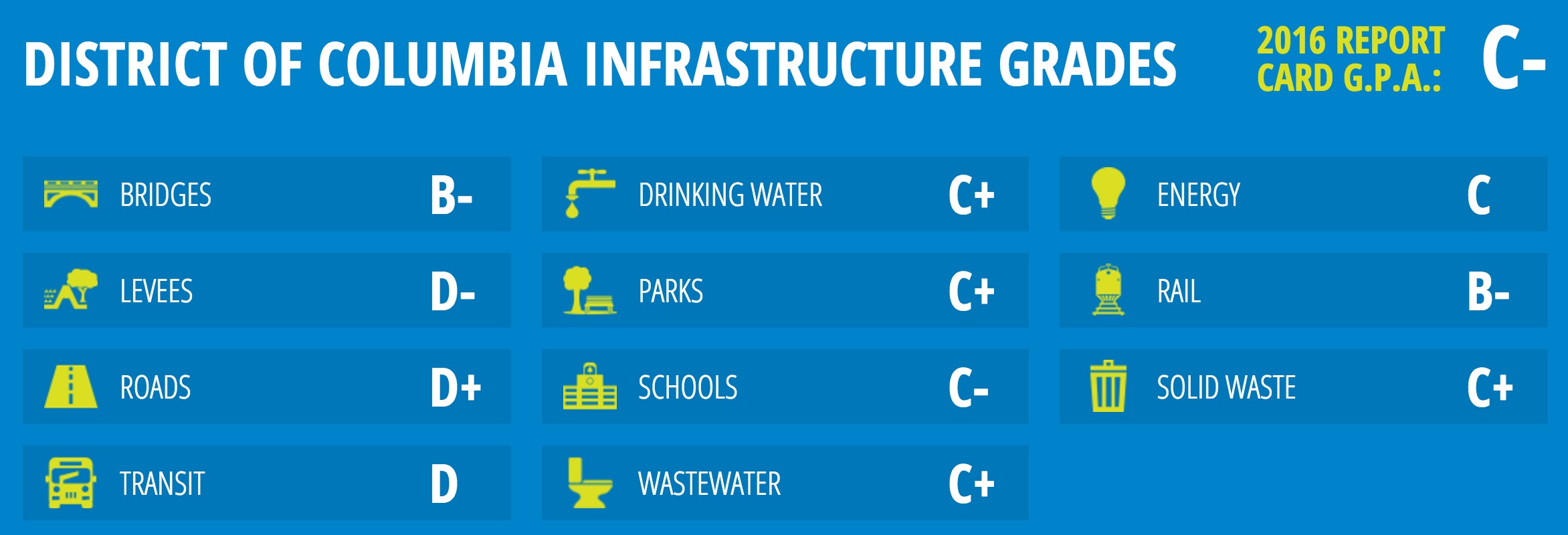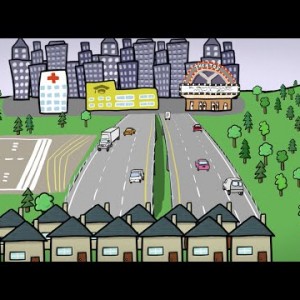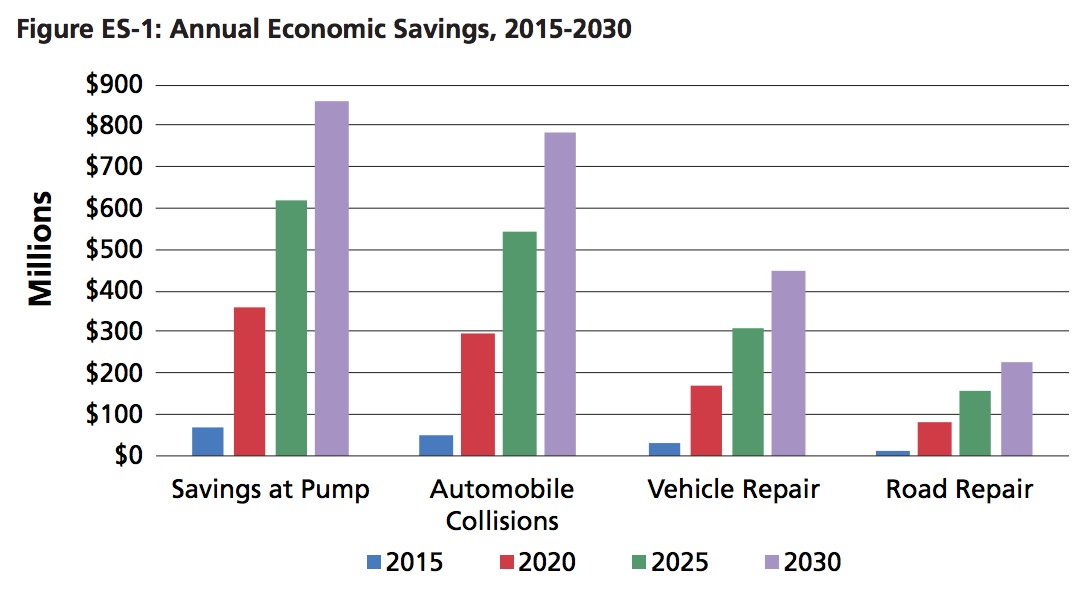
Planner and biking advocate Veronica Davis discusses her decision to give up her personal car, and the future of urban transportation options.
View this complete post...







John Hennessy III,
P.E.






Planner and biking advocate Veronica Davis discusses her decision to give up her personal car, and the future of urban transportation options.
View this complete post...
Richard Harnish is the Executive Director of the Midwest High Speed Rail Association (MHSRA), a member-supported non-profit organization advocating for fast, frequent and dependable trains linking the entire Midwest.
Here in Illinois we’ve been seeing a lot more interest in doing true high speed rail and we think we’re close to an important next step there. And I was out in Sacramento two months ago and touched the first car shell for that line. That’s something that most people don’t know: those trains really are under construction, and the stations are under construction. So we’re very close to a major tipping point.
View this complete post...
VERMONT TRANSPORTATION BOARD
According to the State Smart Transportation Initiative, a transportation research organization based at the University of Wisconsin, vehicle miles traveled per person in the U.S. has dropped every year since. By 2013, the last year for which the Transportation Board could find statistics, the average American drove more than 6 percent fewer miles per year than in 2005…This trend not only holds true in Vermont, but locals appear to be leading the charge. In 2007, Vermonters drove an annual average of 12,400 miles. But in 2013, Vermonters, according to VTrans, drove an average of just 11,356 miles, which is an 8.4 percent drop.

AMERICAN SOCIETY OF CIVIL ENGINEERS (ASCE)
NATIONAL CAPITAL SECTION
The District of Columbia has 265 bridge structures; 226 of the bridges are owned by the D.C. Department of Transportation (DDOT) and the remaining 39 are owned by the National Park Service (NPS). The average age of a bridge in D.C. is 58 years, and 80% of the bridges will need to be replaced or rehabilitated in the next 10 years. However, the District made significant strides to reduce the number of structurally deficient bridges from 8% to 3% in just three years. Despite this progress, more than 220,000 trips are taken over a structurally deficient bridge every day and a quarter of bridges have at least one major component in fair condition.

Roads help people access education, healthcare and jobs. Electricity generation is vital to fueling our societies. Yet both often impact natural ecosystems and the services they provide. In this video, we take a look at how these two can coexist and how economic analysis plays a big part in identifying the factors needed to make smart decisions.
View this complete post...
MASSPIRG EDUCATION FUND
TRANSPORTATION FOR MASSACHUSETTS
The benefits of reduced driving are sometimes difficult to see, but hugely important. Many dramatic gains remain unrecognized because they are indirect, gradual, or result from avoided collisions and health problems that people don’t expect will happen to them in the first place. In our daily lives, it is difficult to assess the value of reduced costs that would have been borne by others or consequences that didn’t occur.
Follow InfrastructureUSA
Video, stills and tales. Share images of the Infra in your community that demands attention. Post your ideas about national Infra issues. Go ahead. Show Us Your Infra! Upload and instantly share your message.
Is the administration moving fast enough on Infra issues? Are Americans prepared to pay more taxes for repairs? Should job creation be the guiding determination? Vote now!
What do the experts think? This is where the nation's public policy organizations, trade associations and think tanks weigh in with analysis on Infra issues. Tell them what you think. Ask questions. Share a different view.
The Infra Blog offers cutting edge perspective on a broad spectrum of Infra topics. Frequent updates and provocative posts highlight hot button topics -- essential ingredients of a national Infra dialogue.
It is encouraging to finally see clear signs of federal action to support a comprehensive US infrastructure investment plan.
Now more than ever, our advocacy is needed to keep stakeholders informed and connected, and to hold politicians to their promises to finally fix our nation’s ailing infrastructure.
We have already engaged nearly 280,000 users, and hoping to add many more as interest continues to grow.
We require your support in order to rise to this occasion, to make the most of this opportunity. Please consider making a tax-deductible donation to InfrastructureUSA.org.
Steve Anderson
Managing Director
SteveAnderson@InfrastructureUSA.org
917-940-7125